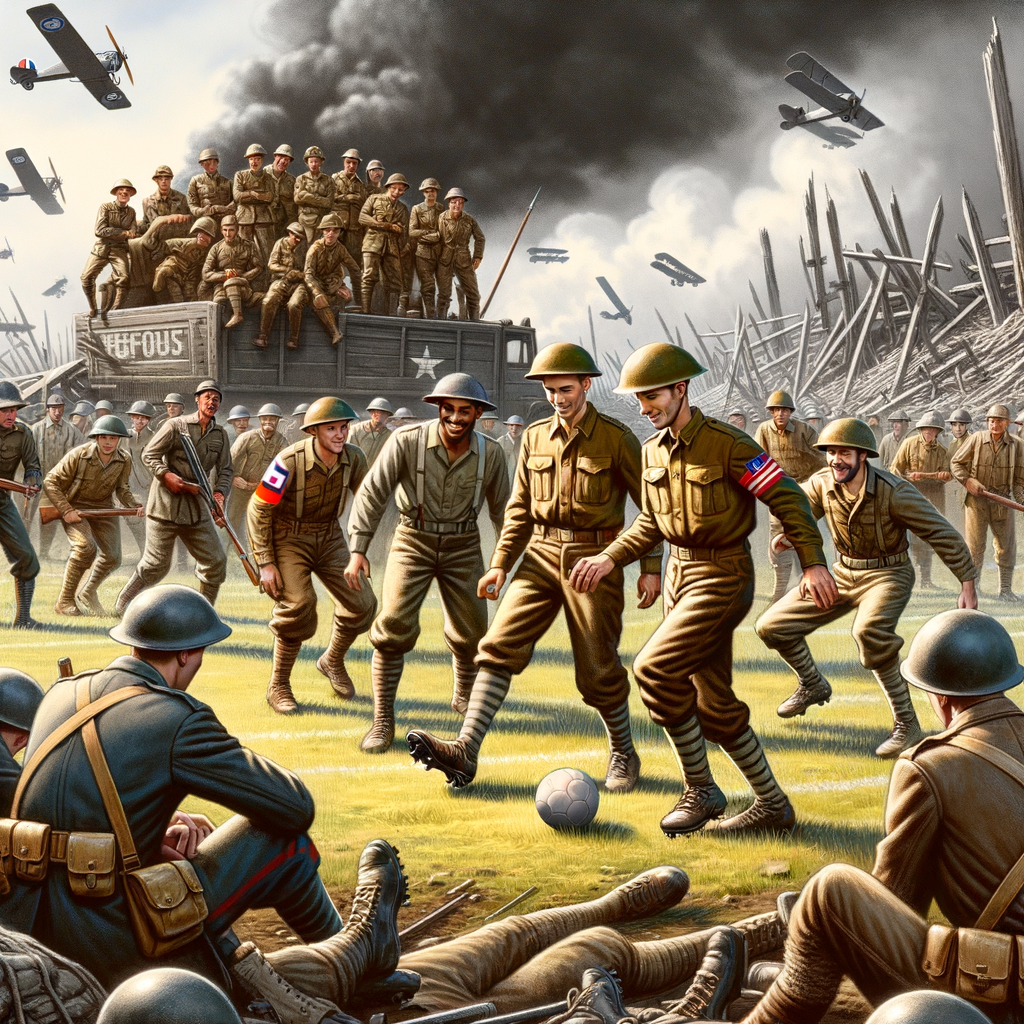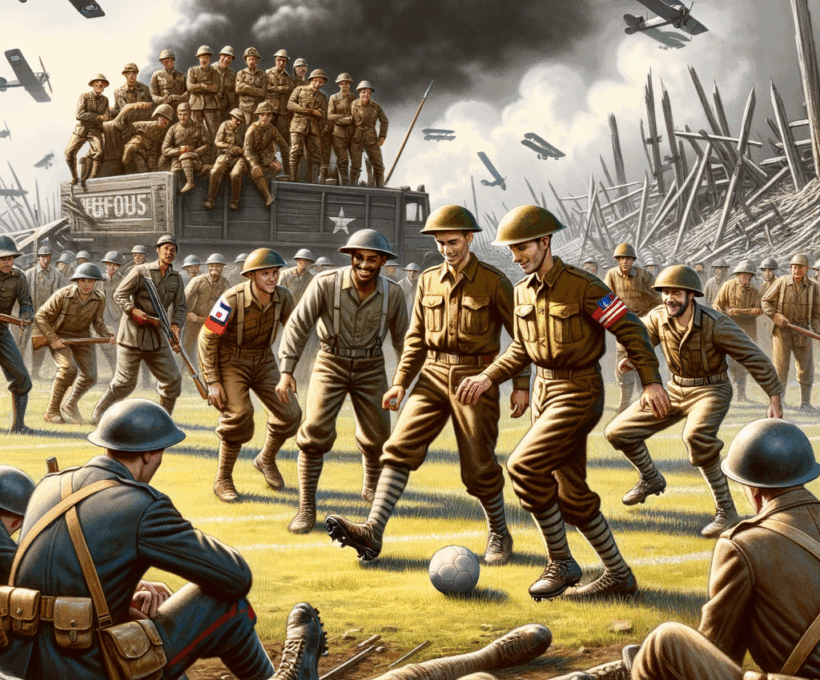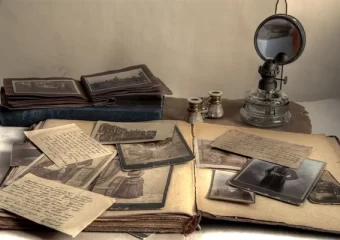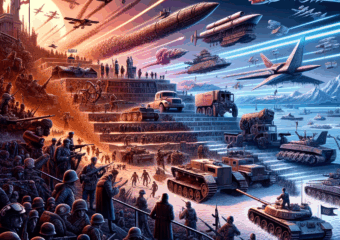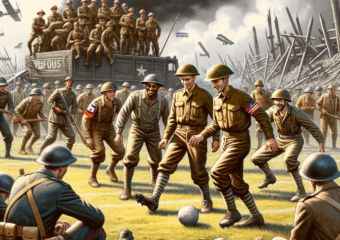War and sport may seem like vastly different arenas, yet throughout the 20th century, football (soccer) played a surprisingly important role in the lives of soldiers on and off the battlefield. In times of global conflict—from World War I to the Cold War—football became more than just a game; it was a symbol of unity, resistance, and normalcy for millions of servicemen around the world.
Football During World War I: A Moment of Peace
One of the most famous examples of football’s wartime significance is the 1914 Christmas Truce during World War I. In the midst of brutal trench warfare on the Western Front, British and German troops temporarily laid down their arms, exchanged gifts, and played informal football matches in no-man’s land. Though unofficial and short-lived, these moments reflected the deep human need for connection—even among enemies.
Organized Matches Behind the Frontlines in WWII
By the time World War II erupted, football had become more organized within the military. Allied and Axis powers often staged matches to boost morale. British and American troops, for example, regularly set up games in North Africa, Italy, and the Pacific. Some of these players were professional athletes before the war—bringing a sense of excitement and national pride to spectators in uniform.
The Role of Football Clubs at Home
Back home, clubs like West Ham United, Arsenal, and Manchester United played their part in supporting the war effort. Many players enlisted, and stadiums were repurposed as military depots or used for recruiting events. Interestingly, even today, football clubs honor that legacy. Fans tracking modern-day west ham standings often reflect on the club’s wartime contributions, connecting the past with the present.
Cold War Football Diplomacy
In the second half of the 20th century, during the Cold War, football began to take on a more political tone. Matches between Eastern Bloc and Western teams often carried ideological weight. While soldiers were no longer conscripted in mass world wars, military influence still shaped international tournaments, and games were sometimes seen as symbolic battles between opposing worldviews.
Football in POW Camps and Military Hospitals
Football also played a critical role in prisoner-of-war camps and military hospitals. Improvised matches using handmade balls or makeshift goals helped maintain physical health and mental well-being. Veterans later recalled how these games provided a sense of purpose and escape from the harshness of captivity or recovery.
Legacy and Commemoration
Today, many memorials and football clubs commemorate the connections between the sport and wartime service. Minute silences before major games, memorial matches, and wartime exhibitions at club museums all highlight how intertwined football and military history have become. These tributes honor not only the soldiers who fought but also the game that helped keep spirits alive.
Conclusion
Football’s influence during the wars of the 20th century went far beyond entertainment. It was a coping mechanism, a morale booster, and a unifying force amid unimaginable chaos. Whether it was a muddy match in no-man’s land or a spirited game on an airbase, the presence of football served as a reminder of home, hope, and humanity.

